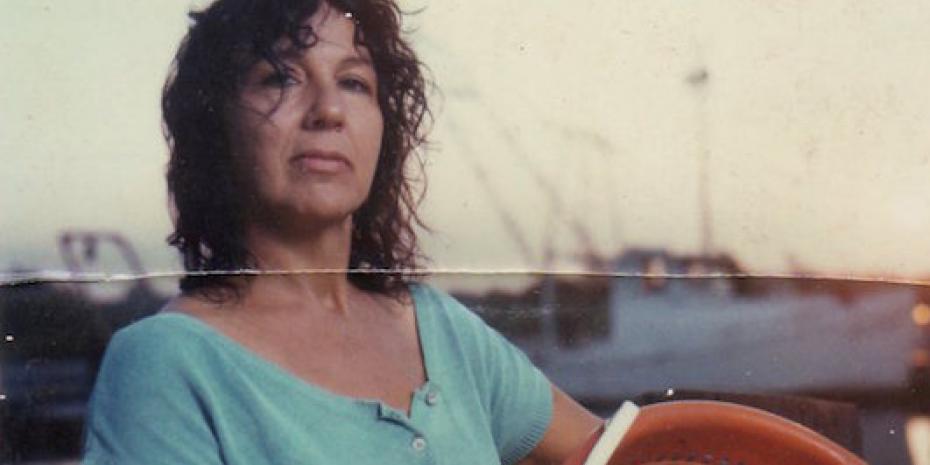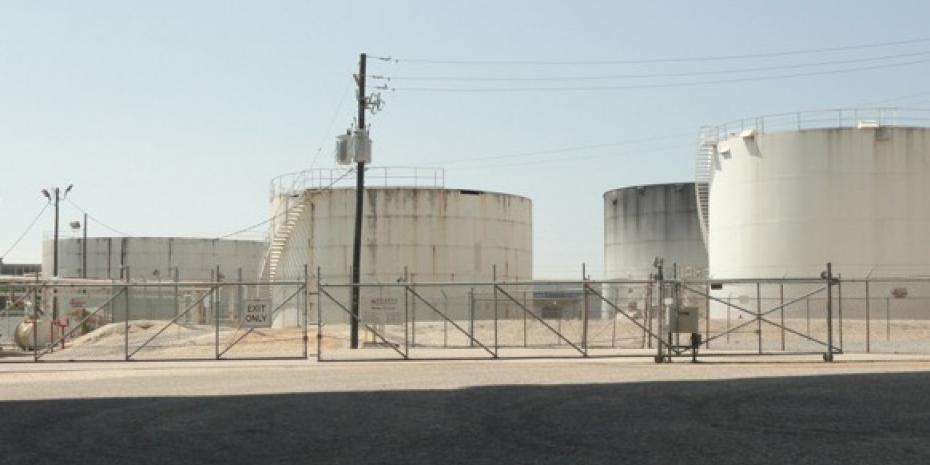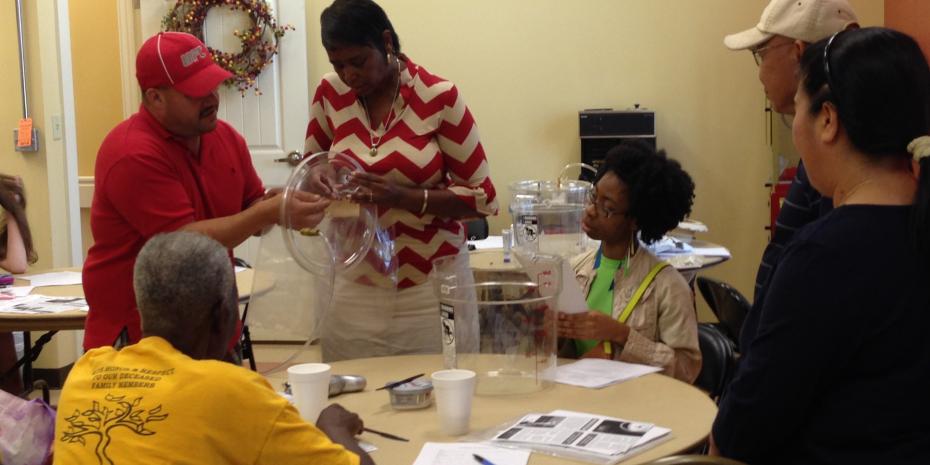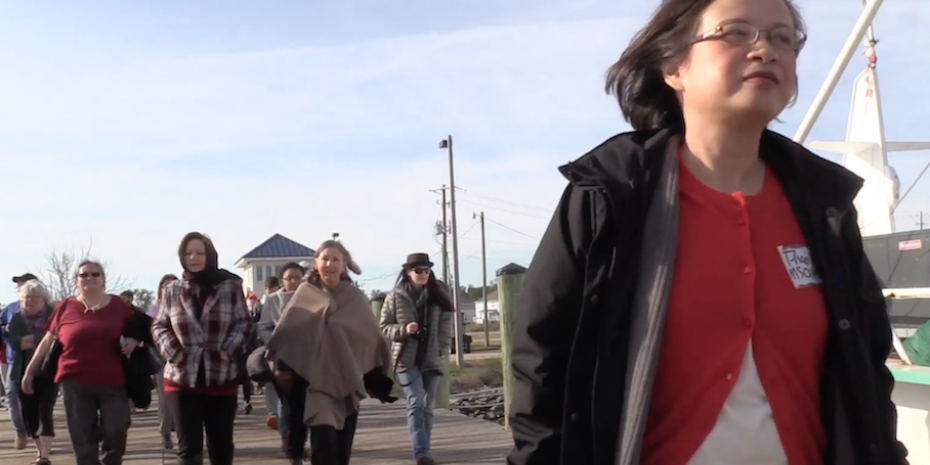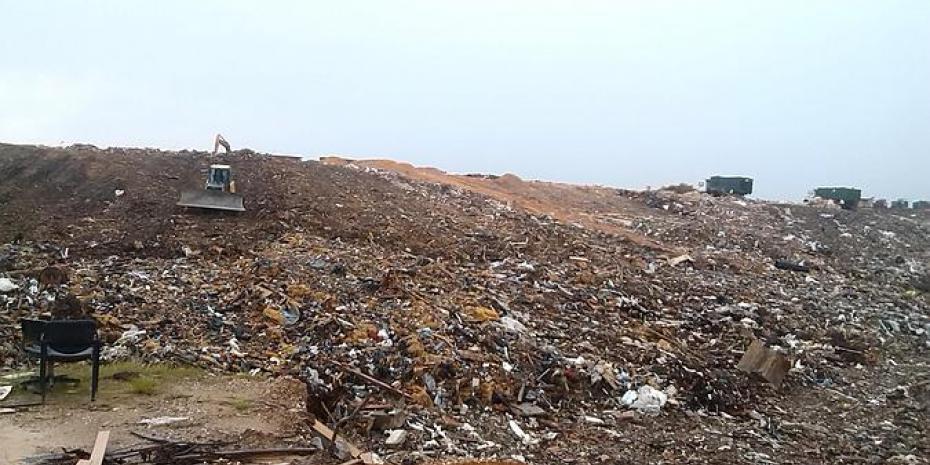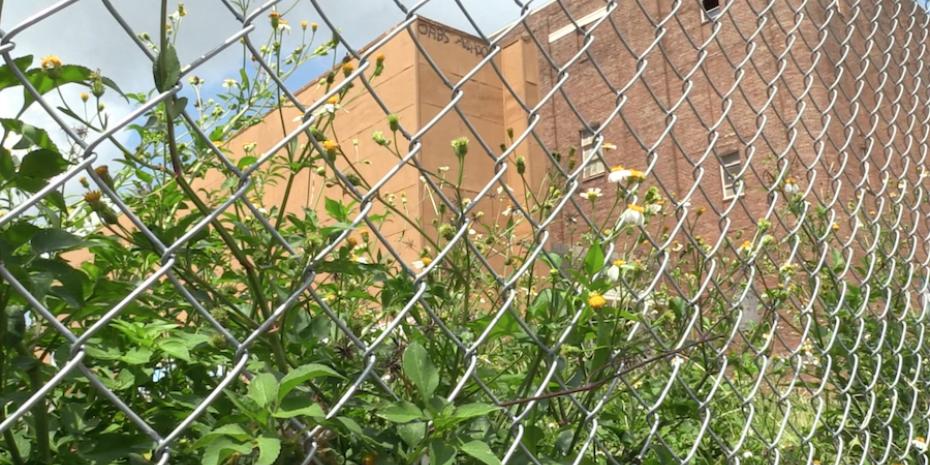Originally Posted on Life Support Project. “My husband died of renal failure, my neighbor died of renal failure, my other neighbor behind me died of cancer. The lady over there, her granddaughter’s six months pregnant, and was just diagnosed with breast cancer. They live right here at the pit.”
We’re standing in the parking lot of the Marie K. Young Community Center in the Wedgewood community of Pensacola, Florida, a quiet African-American neighborhood.

